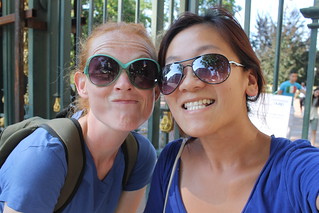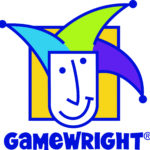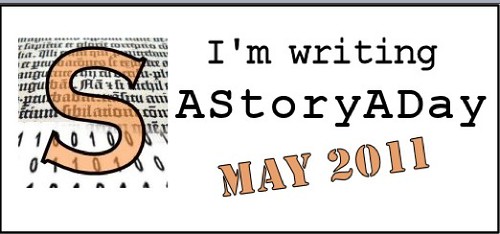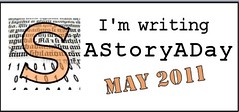It can be a struggle to find time to write, and yet here I am, bringing you a post on fitness? What’s up with that?
Well, the facts speak for themselves: making time for fitness is like an investment in ourselves that pays us back in increased concentration, productivity and creativity.
Today I’ve asked Lisa Johnson from LisaJohnsonFitness to give us some pointers about how to integrate exercise and creativity without derailing our writing schedules.
I particularly like her 10-minute burst idea – check it out below.
Also, Lisa has offered to answer any questions you might have about integrating fitness into your routine. (Normally she charges people handsomely for the privilege!) Just post your questions below.
Thanks Lisa!
How ‘Not Writing’ Could Be The Best Thing You Ever Did For Your Writing Career

Hunched over our laptops, tapping away on the keyboard, writers feel like we have to be writing to be productive.
But, to get those creative juices flowing, maybe what we really need is to push away from the desk, slap on those sneakers and head outside.
Taking a break to get your body moving will:
- Decrease stress
- Increase productivity
- Improve time management
- Improve mental sharpness
- Boost creativity
The 30 minutes that you spend in motion will be more than made up for through increased creativity and output. I promise. )
So pick an activity that you enjoy. It doesn’t have to be a prescribed fitness routine with weights, reps, and sets at the gym. It doesn’t have to be the “Om” of a yoga class, but it can be if that’s what you like to do. Some options to consider:
- Just go for a walk; nature helps us calm down and declutter our brains.
- If you’ve got the cardio endurance, go for a run.
- Take a yoga or Pilates class for weight-bearing strength work and a little Zen.
- If you like group exercise classes or watching TV while you do cardio, go get a gym membership.
- Buy some free weights for your home (cuts out all travel time).
- Watch fitness DVDs; stream them on your computer or use your local cable company for free routines.
Also, if the idea of being away from your writing for an hour just seems completely unfathomable, you can always break workouts down into 10-minute bursts. I tell this to clients regularly. When you’re transitioning from one task to another, do a quick 10-minute burst of cardio. This can be as simple as running in place or skipping rope or throwing on some tunes and dancing around your living room. The brain break will give you a clean slate as you start your next task. It’s amazing how well this works.
If you’re looking for overall guidelines, you want to do a minimum of 150 minutes of cardio per week; anything above that is gravy. Your heart will thank you, your doctor will thank you, and your readers will thank you!
If you have any questions, just ask below, and I’ll answer them.
Cheers,
Lisa
Lisa Johnson has been a certified personal trainer and Pilates instructor since 1997. She owns Modern Pilates in Brookline, MA and has been a fitness blogger for three years at Lisa Johnson Fitness.com. She also blogs for FitStudio.com (a Sears company.)
http://lisajohnsonfitness.com
http://modernpilatesboston.com





